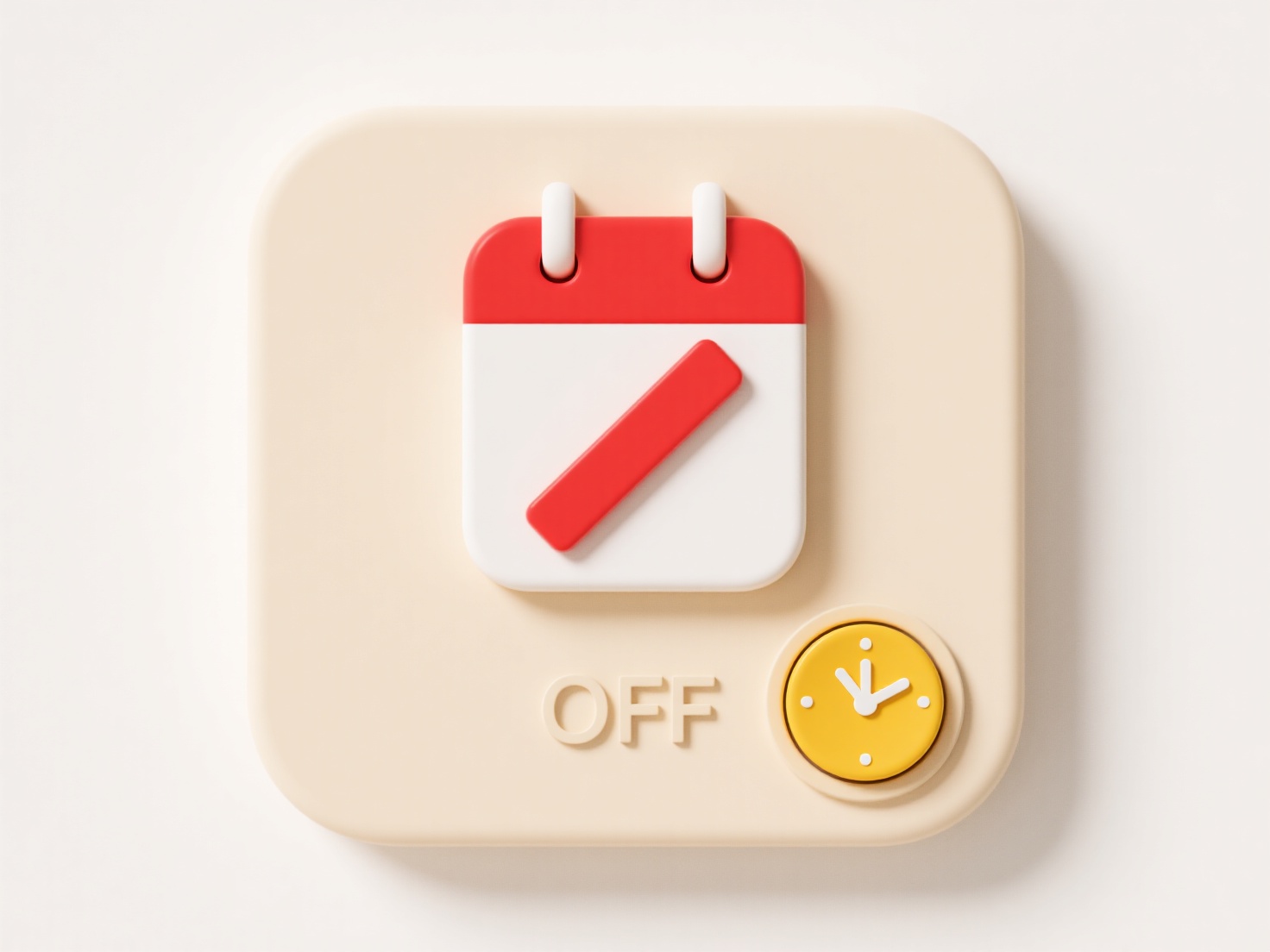
Collaboration tools like Notion and Slack can indeed lead to duplicate files. Slack primarily functions as a communication hub where users frequently share files directly within channels or direct messages, often leading to the same document being uploaded multiple times by different users or in different conversations. Notion, acting as a hybrid note-taking/wiki/project management platform, allows creating copies of pages or databases easily—either intentionally for templating or inadvertently when team members replicate information instead of sharing links to a single source. This differs from dedicated cloud storage systems like Google Drive, which emphasize centralized file access.

In practice, Slack duplicates often occur when users re-upload a document for quick reference in a new channel discussion instead of searching for the existing file. For instance, a marketing team might have the same campaign brief uploaded in both the general channel and a specific project thread. In Notion, duplicates frequently arise when teams copy an entire project template page for each new client rather than using a linked database, or when individuals save personal copies of a meeting notes page instead of collaborating on the original.
These duplicates waste storage space, cause version confusion ("Which budget draft is current?"), and fragment institutional knowledge. While accidental copies in Slack might offer unintended short-term access backups, they complicate document control. Future updates may integrate smarter deduplication AI, yet user training on shared links over re-uploads remains critical to mitigate this inefficiency today.
Can collaboration tools like Notion or Slack create duplicate files?
Collaboration tools like Notion and Slack can indeed lead to duplicate files. Slack primarily functions as a communication hub where users frequently share files directly within channels or direct messages, often leading to the same document being uploaded multiple times by different users or in different conversations. Notion, acting as a hybrid note-taking/wiki/project management platform, allows creating copies of pages or databases easily—either intentionally for templating or inadvertently when team members replicate information instead of sharing links to a single source. This differs from dedicated cloud storage systems like Google Drive, which emphasize centralized file access.

In practice, Slack duplicates often occur when users re-upload a document for quick reference in a new channel discussion instead of searching for the existing file. For instance, a marketing team might have the same campaign brief uploaded in both the general channel and a specific project thread. In Notion, duplicates frequently arise when teams copy an entire project template page for each new client rather than using a linked database, or when individuals save personal copies of a meeting notes page instead of collaborating on the original.
These duplicates waste storage space, cause version confusion ("Which budget draft is current?"), and fragment institutional knowledge. While accidental copies in Slack might offer unintended short-term access backups, they complicate document control. Future updates may integrate smarter deduplication AI, yet user training on shared links over re-uploads remains critical to mitigate this inefficiency today.
Related Recommendations
Quick Article Links
What tools help manage bulk file conversions?
Bulk file conversion tools are software applications designed to process multiple files simultaneously from one format t...
What’s a good naming strategy for image assets?
A good image asset naming strategy applies clear, consistent conventions to filenames, making images identifiable and se...
Why do shared files require login to open?
Access controls prevent unauthorized users from viewing or modifying shared files. Authentication requires users to prov...